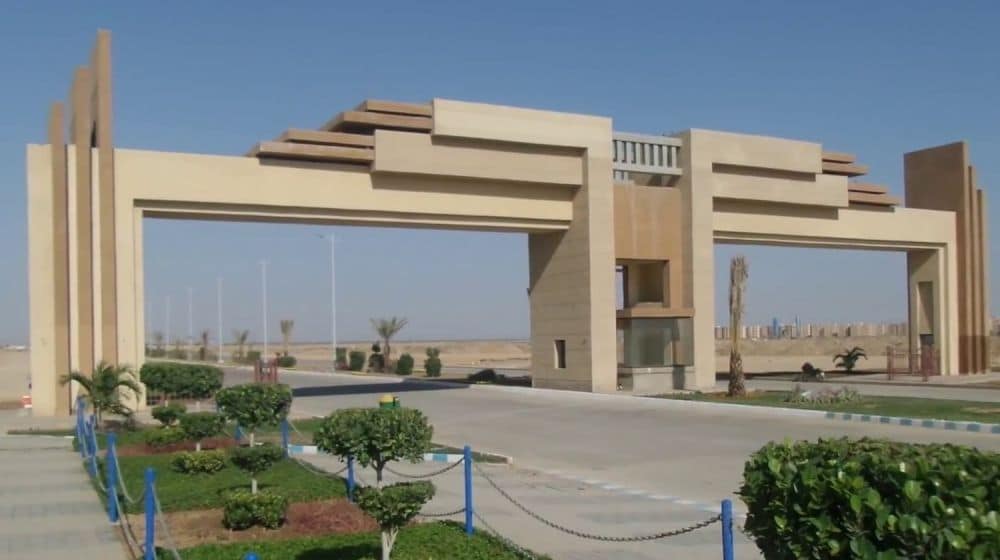The government of Pakistan is set to introduce new tax measures in the upcoming budget (2023-24) to tackle tax evasion and enhance documentation in the real estate sector. These changes will primarily target non-filers and registered property agents involved in buying and selling immovable properties. Private housing societies have been exploiting loopholes to avoid paying withholding taxes during the trading of plot files, leading to substantial revenue losses for the government. The Federal Board of Revenue (FBR) aims to address this issue by implementing stricter regulations and ensuring the proper payment of taxes. Let’s delve into the details of these proposed changes and their implications.
Dodging Taxes in Private Housing Schemes
According to reliable sources, withholding taxes are systematically evaded in private housing schemes across the country during the trading of plot files. This practice is predominantly carried out by private housing societies that fail to show actual transfers, allowing the trading of files to continue without tax payments. To curb such activities and promote tax compliance, the FBR plans to introduce measures in the upcoming budget that will enforce the documentation of buyers and sellers, ensuring the payment of taxes on the trading of files.
READ MORE: Open AI’s ChatGPT Revolutionizes User Experience with Web Plugins
Legal Changes to Ensure Tax Compliance and Documentation
The proposed legal changes aim to address the tax evasion issue prevalent in private housing societies. By implementing these changes, the government will ensure the payment of taxes on the buying and selling of plot files. Moreover, the documentation of immovable properties will also be enforced, bringing greater transparency to real estate transactions.
Increased Tax Rates for Non-Filers
Currently, the government has increased the tax rate for non-filers from 100 percent to 250 percent when purchasing property. This significant rise aims to deter non-filers from engaging in real estate transactions without fulfilling their tax obligations. If a purchaser of immovable property is not listed as an active taxpayer, the tax to be collected under section 236K will be increased by 250 percent of the rate specified in Division XVIII of Part IV of the First Schedule. This change has been incorporated in rule 1 of the Tenth Schedule to the Income Tax Ordinance.
Updated Valuation Tables and Collaboration with Provincial Authorities
To support the implementation of these tax reforms, the FBR will issue increased values for immovable properties starting from July 1, 2023. The FBR has already initiated the process of updating the valuation tables in consultation with the provincial authorities. This collaboration ensures a comprehensive and accurate assessment of property values across Pakistan, which will further facilitate fair taxation and documentation.
Collaboration with Regional Tax Offices
To streamline the implementation process, the FBR has requested senior members from the Board of Revenues in Sindh, Balochistan, Punjab, Khyber-Pakhtunkhwa, and Gilgit-Baltistan to issue instructions for the nomination of representatives. These representatives will collaborate with the teams constituted by the chief commissioners of Regional Tax Offices, allowing for efficient coordination and effective enforcement of tax regulations.
Pakistan Raises Revenue Project (PRRP) and Valuation Harmonization
The FBR is actively pursuing the Pakistan Raises Revenue Project (PRRP) as part of its taxation reforms. This project, supported by the World Bank, aims to enhance revenue generation and improve tax administration in Pakistan. A significant component of the PRRP is the harmonization of property valuation between the FBR and provincial governments/districts. This harmonization ensures consistency and fairness in property assessments, eliminating discrepancies and reducing the scope for tax evasion.




